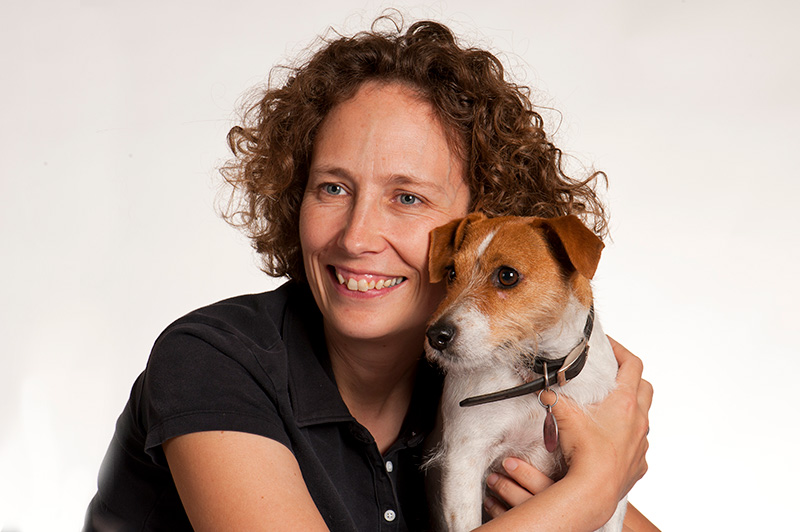Royal Veterinary College professor wins prestigious research award
Professor Harriet Syme of the Royal Veterinary College (RVC) has been announced as the winner of the Petplan Charitable Trust Scientific Research Award 2020.
The award is made for outstanding contributions to veterinary research and reflects Professor Syme’s status as one of the leading veterinary clinician scientists in the UK, recognised internationally for her knowledge and expertise in nephrology and endocrinology.
The Petplan Charitable Trust Scientific Award is an annual celebration and recognition of the work carried out by organisations and individuals dedicated to the health and welfare of dogs, cats, horses and rabbits. The Veterinary Research Award is presented each year to a scientist, selected from nominations submitted by the UK's eight veterinary schools and the Animal Health Trust (AHT). The nominations are judged by the Petplan Charitable Trust’s scientific committee, for outstanding contributions to the art and science of veterinary medicine.
At the RVC, Professor Syme leads research into the pathophysiology and epidemiology of feline hyperthyroidism and the endocrinological diseases that lead to hypertension in cats. Both hyperthyroidism and hypertension are common conditions which particularly impact older cats and her work has advanced clinical practice in their diagnosis and management.
Professor Syme has also made major contributions to RVC’s research into Feline Chronic Kidney Disease and the endocrinology of bone mineral disturbances associated with this common feline medical condition.
Jonathan Elliott, Vice-Principal for Research and Innovation and Professor of Veterinary Clinical Pharmacology at the RVC, said: “We are delighted that Professor Syme has won this prestigious award. Her research has made such a difference to the diagnosis, treatment, and long-term monitoring of common medical problems in both dogs and cats.
“On top of this, she is also a great inspiration to her colleagues and students, particularly those who have benefitted from her mentoring and supervision over the years, many of whom are now winning research funding and leading their own research projects from clinically active posts in veterinary schools.”

Harriet Syme, Professor of Small Animal Internal Medicine and Director of the RVC’s Internal Medicine residency (SCTS) programme, said: “I am thrilled to receive this award. It is made particularly special by the fact I was nominated by my peers.
“It is important to emphasise though that research is a team effort, and I am just one of many people, vets and nurses alike, working together at the RVC to try to further our understanding of the diseases that old cats get, so that we can improve their quality of life.”
Notes to Editors
For more information please contact:
- Jasmin De Vivo (Jasmin.DeVivo@plmr.co.uk)
- Press Line: 0800 368 9520
About the RVC
- The Royal Veterinary College (RVC) is the UK's largest and longest established independent veterinary school and is a Member Institution of the University of London. It was the first in the world to hold full accreditation from AVMA, EAEVE, RCVS and AVBC.
- The RVC is the top veterinary school in the UK and Europe, and ranked as the world’s second highest veterinary school in the QS World University Rankings by subject, 2020.
- The RVC offers undergraduate and postgraduate programmes in veterinary medicine, veterinary nursing and biological sciences.
- In 2017, the RVC received a Gold award from the Teaching Excellence Framework (TEF) – the highest rating a university can receive.
- A research led institution with 79% of its research rated as internationally excellent or world class in the Research Excellence Framework 2014.
- The RVC provides animal owners and the veterinary profession with access to expert veterinary care and advice through its teaching hospitals and first opinion practices in London and Hertfordshire.
You may also be interested in:
-
A painful tail: RVC research reveals which dogs have greatest risk of a tail injury
A new study from the Royal Veterinary College (RVC) has found that the Boxer, English Springer …

